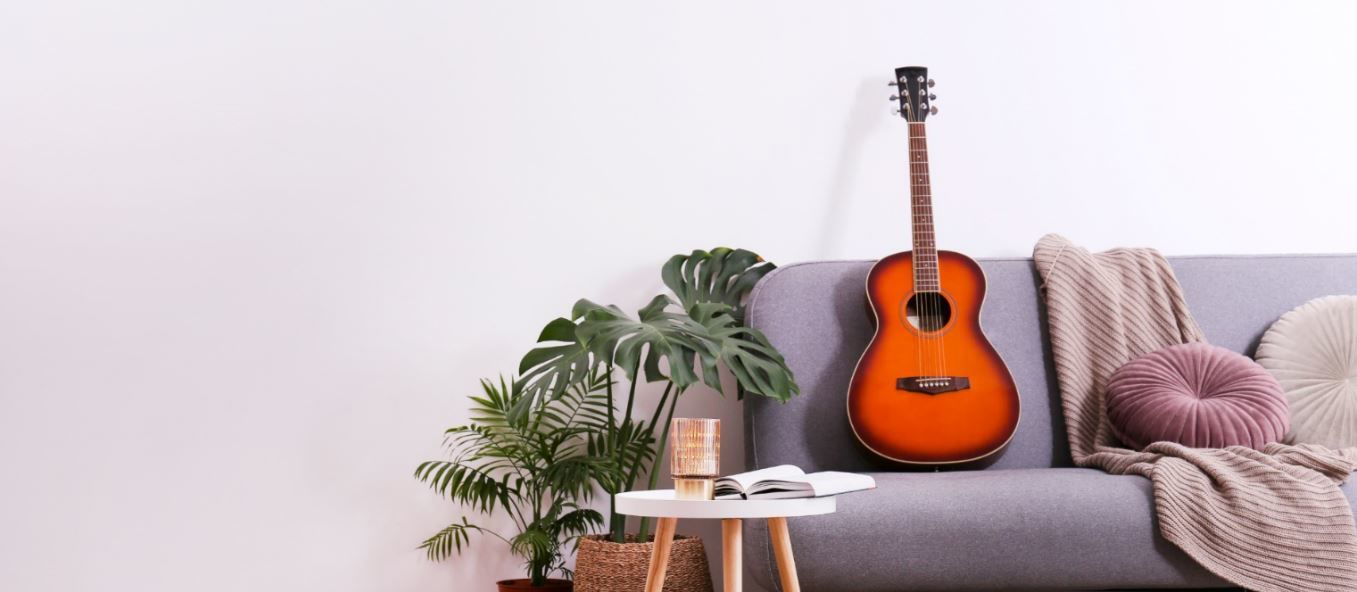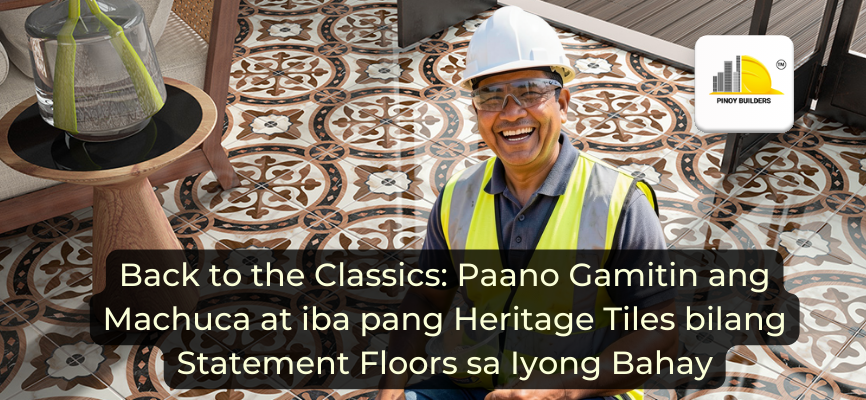You don’t need the expensive furniture, just the right amount of lighting and space will do. Photo courtesy of Home-Designing.
Room aesthetics may seem like a trivial thing. Compared to soundproofing, their importance lies in providing a comfortable and inspiring environment for musicians to work in. While the style and feel of a music room may vary from person to person, not everyone is used to working in chaotic environments. It takes a particular mindset to find harmony in a disheveled music space. This makes creating a comfortable venue the second most important aspect of creating a music room, right next to ensuring functionality through soundproofing measures.
A normal practice room from a university. Heavy focus on function and soundproofing, less on aesthetic appeal. If you want a good music room for your home, focus on sound control first before focusing on interior design. Photo courtesy of Solent University.
A conducive location
The location of a music room is usually a determining factor on what adjustments to make. Most music conducive areas are next to windows with a good view or lighting. For maximum utility and comfort, decorate or rearrange the room in a way that prioritizes its light sources. For example, if you plan on playing by the window, isolate that corner. Make it as comfortable as possible without being too extravagant or overbearing.
Balanced visuals
Much like music, there must always be a rhythm to everything that affects us, lest we be overwhelmed by too much exposure (or the lack of it). While being in a room full of posters, pictures, and trinkets that inspires is good for morale, it is also easy to become mentally exhausted of a room that has too much going on.
To better accommodate your musical needs, a nice coat of paint that utilizes soft monochromatic color schemes is a great way to start out. After which, check the room for any need to install soundproofing materials on the wall. Do this before proceeding on furniture, wall decor, and the instrument(s). Moderate the amount of items you put in that room. Value the space you have, not the trinkets you can mount.
Simple design and ample lighting.
Great lighting
Can you imagine playing the piano in a dark room? Although it can certainly set a place for moody Chopin pieces, it can also be psychologically uninviting. It’s the equivalent of a painter trying to work on a masterstroke portrait in the middle of a heavy metal concert.
That’s why pianists tend to install their keyboards and pianos where the windows and the light are. This is just as important for anyone playing mounted or heavy instruments, such as the cello or percussion sets. If you can’t play where the sunlight is, settle for installing light sources.
Lighting is important even if you’re not looking at a music sheet half the time you are playing.
Nature and space
Did you know that plants have a natural ability to absorb sound? Having a few greens here and there is both visually and functionally advantageous to a music room. What’s more, wood panels are generally well regarded as being acoustically and aesthetically appealing.
Sound-absorbing wood wool. Photo courtesy of the Inhabitant.
Visual health also applies to having adequate space for a musician to stare at. As mentioned before, having enough space is vital, not just for the function of having scope to move around in. It also provides a sense of calmness that a crowded room cannot provide.
Simplicity at its finest. Soundproof walls, good lighting, lots of plants, and enough space to move around in.
Of course, taste in detail is subjective. It is up to the homeowner to decide on the room’s looks and needs. Whatever those details are, they must, however, compliment the elements of balance, function, and space in order to ensure nothing hinders a musician’s growth and performance. Strive for comfort, aim for satisfaction, and avoid long-term complacency.
![]()










